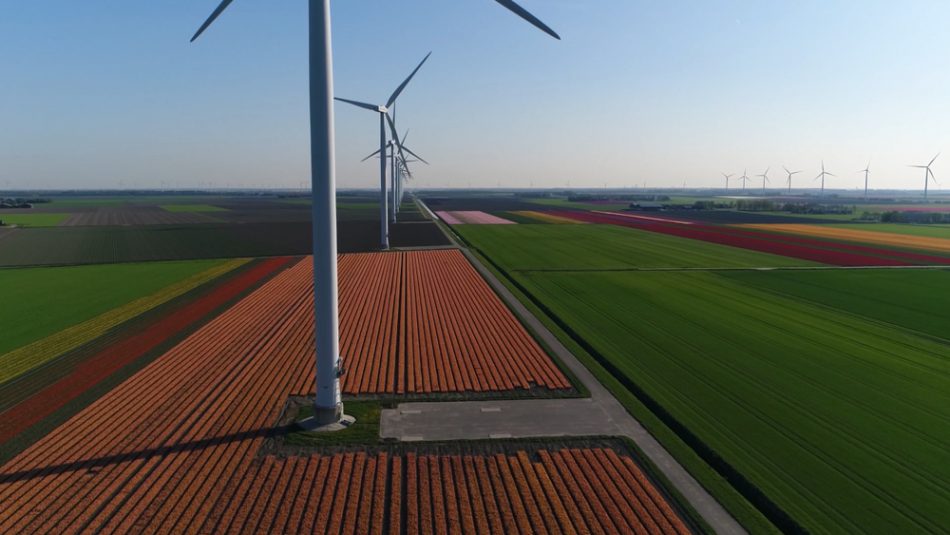Reaching net-zero emissions is critical for mitigating further damage from climate change on our planet, and while the planetary survival motivation alone should push us to achieve this goal, a new report has detailed the immense economic benefits that would also accompany this transition.
A report released by the nonprofit Energy Innovation has calculated that reaching net-zero emissions in the US would add nearly $1 trillion to the GDP. The report used decarbonization studies and economic modeling to come to this financial conclusion. One driving factor is the job growth potential in green energy sectors, but the drop in renewable energy technology cost is also influential. Solar panels are 90 percent cheaper than they were a decade ago, wind turbines are 70 percent cheaper, and batteries used in electric vehicles are 80 percent cheaper than they were even in 2013.
Transitioning our vehicle fleets and buildings to be emissions-free is no easy task, but the process would drive job creation and innovation. The financial factors go beyond just production as well. Energy Innovation took public health into account as well. Improved air quality from reduced emissions would avoid an estimated two million asthma attacks a year by 2050, eliminating 6.5 million lost workdays and avoiding 65,000 premature deaths.
Reaching net-zero emissions is a necessity if we want to continue to thrive on this planet, but it also offers the opportunity to create a healthier economic system, one that supports human societies without jeopardizing the climate. The new research is yet another key piece of evidence that will hopefully be influential in continuing to push the transition to net zero in the US and beyond.












